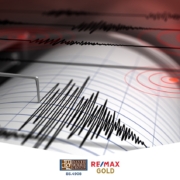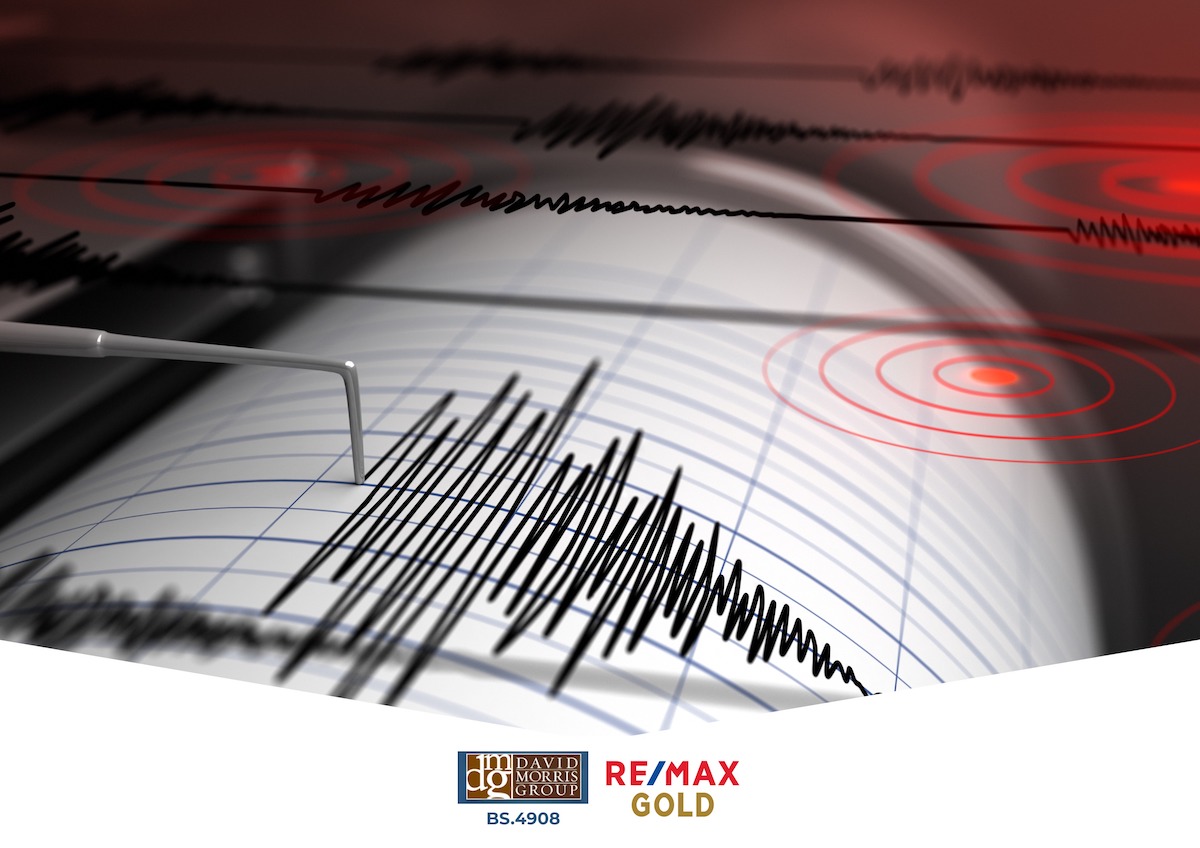Relocation Guide: Earthquake Preparedness
Did you know that the University of Nevada, Reno has a seismological laboratory? They monitor all of the earthquakes and tremors that occur in the area and keep a record of them. While many are relatively small and go undetected by residents, Reno has been known to experience larger earthquakes and aftershocks from earthquakes happening in California. With that information in mind, we’ve put together some earthquake preparedness tips that you should keep handy.
Create an Earthquake Kit
Every home should have an emergency kit with supplies that can sustain every individual in the house (including pets) for three days to a week. Items you should add to your emergency kit include:
- Non-perishable food
- Bottled water – 1-gallon per person per day
- Battery-powered radio
- First aid kit
- Sleeping bags and blankets
- Manual can opener
- Waterproof/windproof matches
- Flashlight and spare batteries
- Water purification tablets
- Utility knife
- Emergency candles
- Extra eyeglasses/contact lenses
- Essential medications
- Extra clothing
- Plastic bags and ties
- Disinfectant
- Paper cups and plates
- Personal toiletries and hygiene products
- Baby/infant supplies
- Aluminum foil
- Paper towels
- Plastic utensils
- Soap
- Work gloves
- Important documents
What to do During an Earthquake
If you are inside:
- Get low to the ground and get under a sturdy piece of furniture, like a table, desk, etc. If there isn’t anything sturdy to cover you, head to an inside corner of the building and cover your head with your hands. Be sure to stay away from glass, windows, and anything that could fall on you.
- If you’re in bed when the shaking begins, stay there and protect your head and body with your pillows and blankets. If there is a large light fixture/fan above you, move to a safer place.
- If you’re close to a strongly supported, loadbearing doorway, use it as shelter, but remember to remain low and protect your head with your arms.
- Stay in a safe place until the shaking stops, and do not use elevators.
If you are outside:
- Stay outside and move away from buildings, streetlights, and utility wires. Find an open space you can stay until the shaking stops.
If you are in your car:
- Stop where it is safe to do so and avoid being near or under buildings, trees, overpasses, lights, utility wires, etc.
What to Expect After an Earthquake
- Aftershocks are common after an earthquake, and they can occur in the first hours, days, weeks, or even months after the quake. These aftershocks are usually less violent than the main earthquake, but they can still do damage and should be handled just as earthquakes are.
- Only use the phone for emergency calls as the lines can become jammed after a natural disaster.
- Open cabinets cautiously as objects have likely been jostled and may fall out.
- Clean up spilled medicines, bleaches, gasoline, and all other flammable liquids immediately.
- Inspect your chimneys for damage.
- Inspect utilities.
- Check for gas leaks. If you smell gas or hear a hissing noise, open a window and quickly leave the building. Turn off the gas if you can and call the gas company from a neighbor’s home.
- Look for electrical system damage. If you see sparks or broken or frayed wires, turn off the electricity at the main fuse box or circuit breaker. If you have to step in water to get to the fuse box or circuit breaker, call an electrician.
- Check for sewage and damage to the water lines. If sewage lines are damaged, avoid using the toilets and call a plumber. If water pipes are damaged, contact the water company and avoid using water from the tap.
Staying prepared for any emergency situation can help ease a stressful situation. We hope this earthquake preparedness guide helped you learn about how you should handle an earthquake should you ever experience one.
If you have questions about moving or what it’s like relocating to the Reno-Sparks community, contact the David Morris Group. We’re always happy to share our knowledge of the area and the real estate market!




